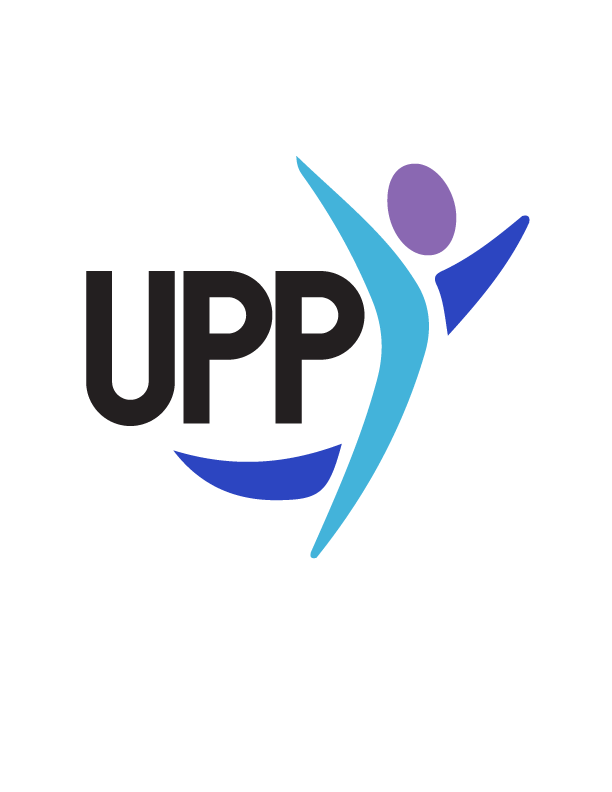WEEK 36- Your Superhero Strengths
Equipment Required
Pen and Paper
PERMAH Element
Engagement
Teachers to read and facilitate the following:
Rationale
We all have positive character traits to be discovered, valued, used and further developed. Working in our strengths is energising. Character strengths are about how you relate to other people and the world around you. They are different from talents, skills or knowledge- strengths are valued for moral and intrinsic reasons, whereas talents are valued for their tangible outcomes (Peterson & Seligman, 2004). Our character is made up of lots of different strengths and everyone has a different set of strengths including things like curiosity, bravery, kindness, humour and hope (see a full list of VIA character strengths below). Knowing our strengths and using them everyday can lead to increased performance, as well as feeling more confident and satisfied with life. They are the things we are good at and enjoy doing (McQuaid & Lawn, 2014). Using and developing our strengths allows us to work with the way our brain is already wired to perform at its best (Buckingham & Clifton, 2001). To become aware of our strengths we are able to reflect on our best moments and identify what strengths we were drawing on in those times. Using a strengths test can help as well (Free, 10 minute youth strengths test for ages 10 -17- note that students will need to register individually if they would like to do it). Studies have shown that it is important to develop and celebrate our strengths, as it can prevent negative outcomes, while increasing positive development and thriving (Park & Peterson, 2009).
Description of Personal Wellbeing Practice: Your Superhero Strengths
Think of a time when you have been proud of yourself. Alternatively, imagine a future situation that would make you feel proud.
Reflect on what personal character strengths you may have used to get to that point. (eg to win a prize you may have needed love of learning and perseverance in training / studying; to stand up for someone else, you may have used kindness and bravery; to change your idea about someone you may have used open-mindedness, appreciation and fairness).
(Teachers may assist by reading out the list of Character Strengths below during the above step).
Now focus on only 2 or 3 character strengths that you may have used in that situation.
Allow yourself to have a bit of fun with this activity. We are going to draw a superhero with those 2-3 particular strengths as superpowers. Think about how those strengths could serve as a force for good in our world.
Name your superhero and its superpowers- like Wonder Woman's lasso of truth. Some other ideas to get you thinking are:
gratitude = flower; fairness= scales; love of learning= book; curiosity= magnifying glass.
Alphabetised list of VIA Character Strengths
Appreciation
Bravery
Caution
Creativity
Curiosity
Enthusiasm
Fairness
Forgiveness
Gratitude
Honesty
Hope /Optimism
Humor
Kindness
Leadership
Love
Love of learning
Open-mindedness
Perseverance
Perspective
Self Control
Sociability
Spirituality
Teamwork
Main message:
“What lies behind us and what lies before us are tiny matters, compared to what lies within us.” — Ralph Waldo Emerson
UPP’s Personal Wellbeing Practices
A Personal Wellbeing Practice (PWP) is an evidenced-based positive psychology intervention, applied in school communities or other educational settings. At UPP, we have tried to make these PWP’s simple, concise and relevant for students and their teachers. The six elements for the Personal Wellbeing Practices are: Positive emotion (P); Engagement (E); Relationships (R); Meaning (M); Accomplishment (A); and, Health (H).
We hope that these evidence-based tools of positive psychology will enhance help people to thrive and live their best life, both within and beyond the school gates.
For more activities like this (and much more), check out THRIVE Online Lesson Modules for Pastoral Care and Wellbeing.
Unleashing Personal Potential

